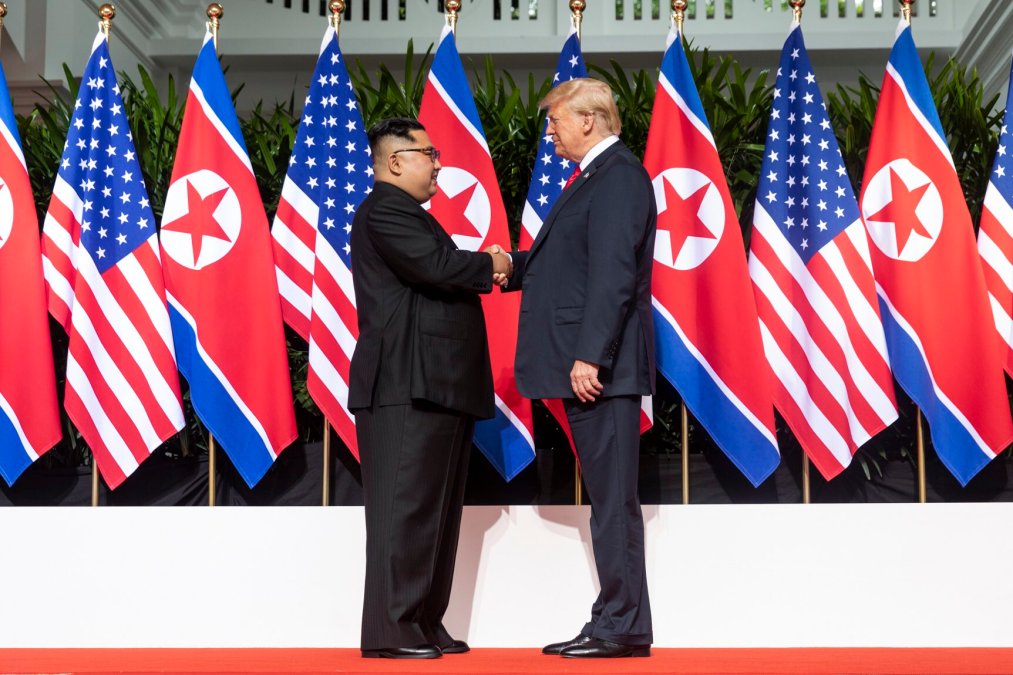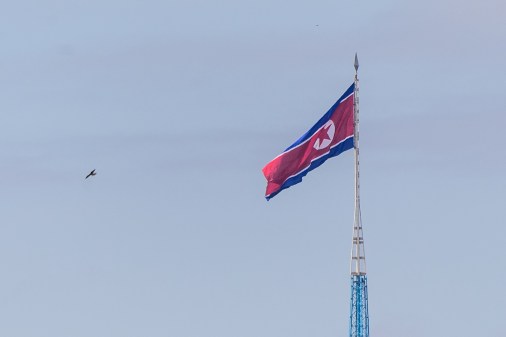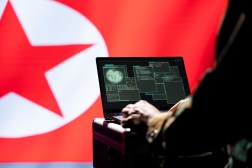After Trump courts Kim, U.S. issues warning on North Korean malware

Days after the historic United States-North Korea summit, the Department of Homeland Security and FBI have warned U.S. industry about a malware variant tied to North Korean government hackers.
The DHS-FBI report released Thursday on the malware, dubbed Typeframe, analyzes 11 samples, including infected Windows files and a malicious Microsoft Word document.
“These files have the capability to download and install malware, install proxy and remote access Trojans, connect to command and control servers to receive additional instructions, and modify the victim’s firewall to allow incoming connections,” the report states.
Pyongyang’s hackers have gotten considerably more advanced in recent years, allegedly carrying out brazen attacks on banks around the world. Ahead of the high-profile meeting this week between President Donald Trump and North Korean dictator Kim Jong Un, North Korean hackers were not letting up their activity, attacking companies in Asia, Europe, and the United States.
The DHS-FBI report encourages computer users to report any activity related to the malware to authorities and to “give the activity the highest priority for enhanced mitigation.” The report also advises agencies to “enable a personal firewall” on workstations that is “configured to deny unsolicited connection requests.”
A spokesperson for the White House National Security Council declined to comment on whether Trump and Kim discussed cybersecurity during their meeting.






